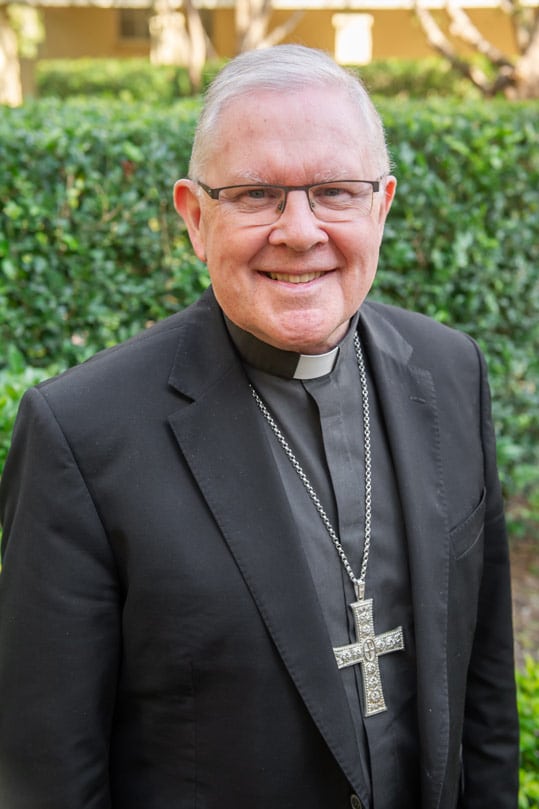
Church leaders have urgently called for the Federal Government to appoint advocates for the poor and disadvantaged to the Fair Work Commission’s expert panel which determines Australia’s minimum wage rates.
“Despite 25 years of uninterrupted economic growth in Australia, there are hundreds of thousands of people who find themselves in poverty even though they have a job—not to mention those struggling to live with dignity on Newstart and other allowances,” Archbishop Mark Coleridge, President of the Australian Catholic Bishops Conference, said.
The terms of the five current members of the expert panel come to an end next month and their replacements will be appointed by Federal Minister for Jobs and Innovation Michaelia Cash shortly.
Senior member of the Australian Catholic Council for Employment Relations (ACCER), and former director of Workplace Relations for the Brisbane Archdiocese, George Keryk, told The Catholic Weekly that unless there was someone d on the panel experience in social policy and the needs of the disadvantaged, the most vulnerable would be overlooked.
“At the ACCER we have argued that you need to have a wage rate that can support yourself and your family at a decent standard,” he said.
“The past five years have been flat in regards to wage increase. We still have a fair way to go for the low paid.”
St Vincent de Paul Society NSW CEO Jack de Groot said many of the people the charity assists do have paid jobs, but still struggle financially.
“People in NSW are undoubtedly struggling with the rising cost of living. Households on the current minimum wage can’t keep pace, and Vinnies and others like us see the consequences every day,” he said.

“The St Vincent de Paul Society NSW calls for the Fair Work Commission’s expert panel on the minimum wage to include advocates for the voiceless, the marginalised and vulnerable.
“Wage growth has remained stagnant overall … [and] according to ACOSS [Australian Council of Social Services], around a third of people living below the poverty line received wages as their main income. While the costs of essential goods and services, including health, education and utilities are increasing eight times faster than wages, the support Vinnies can offer will remain in demand.”
CEO of the Australian Catholic Social Justice Council, John Ferguson, said the Church has long stressed the importance of fair remuneration for a day’s work.
“Since the 1890’s when Pope Leo XIII issued his encyclical Rerum Novarum, the popes have emphasised the critical issue of wage justice for the wellbeing of families, the life of the community and the just operation of national economies.”
Mr Ferguson said that while the recent decision of the Fair Work Commission to raise the minimum wage by 3.5 per cent was a positive step, it was still a concern that “the specific needs of vulnerable workers and families in poverty may not be a predominant on-going focus”.
“Clearly there is room here for the Fair Work Commission to more deeply investigate the cost of living requirements and poverty measures affecting well over 1.5 million low income workers and their households,” he said.
Fr Peter Smith from the Sydney Archdiocese’s Justice and Peace Office said there are associated issues around the minimum wage, which also need to be addressed such as penalty rates.
“I think Archbishop Coleridge is right that what we need is to gather the data around exactly how people are suffering because of their inability just to meet the basic needs of life. It’s a whole new category—the working poor,” Fr Smith said.
The Fair Work Commission’s expert panel form part of the advice process for the annual review of Australia’s minimum wages. To be appointed, knowledge and experience in areas such as workplace relations, economics, social policy, business and finance is required.
“With Minister Cash set to make appointments to the Fair Work Commission’s Expert Panel in the coming weeks, it is an opportune time to ensure that strong advocates for the poor and marginalised find a place on that panel,” Archbishop Coleridge stated.
“Our agencies see first-hand the effects of economic policies that fail to provide adequate support to those within and outside the workforce. It is critical that those experiences, those learnings, are part of the conversation when decisions are made that have the potential to lift up or keep down some of society’s most vulnerable people.”
